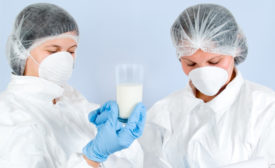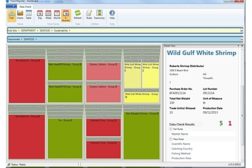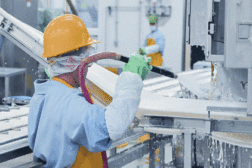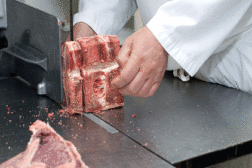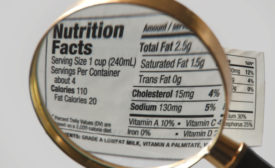Home » food recalls
Articles Tagged with ''food recalls''
Tracing Your Steps
Mastering a safe food plant is one thing—maintaining it is another. Find out what solutions are available for keeping up with today’s ever-changing traceability and sanitation guidelines.
May 7, 2013
Preventing Recalls in Cold Food Plants
Recalls are something that every company plans for but hopes to never experience. Find how to prevent food recalls in your cold food plants.
March 5, 2013
Elevate your expertise in refrigerated and frozen foods with unparalleled insights and connections.
Get the latest industry updates tailored your way.
JOIN TODAY!Copyright ©2024. All Rights Reserved BNP Media.
Design, CMS, Hosting & Web Development :: ePublishing
